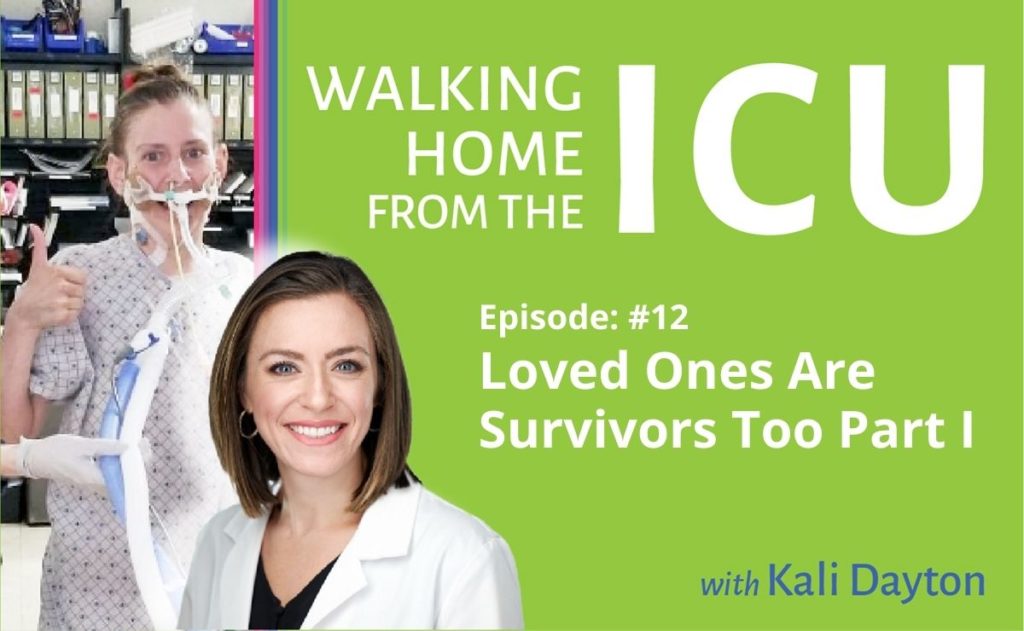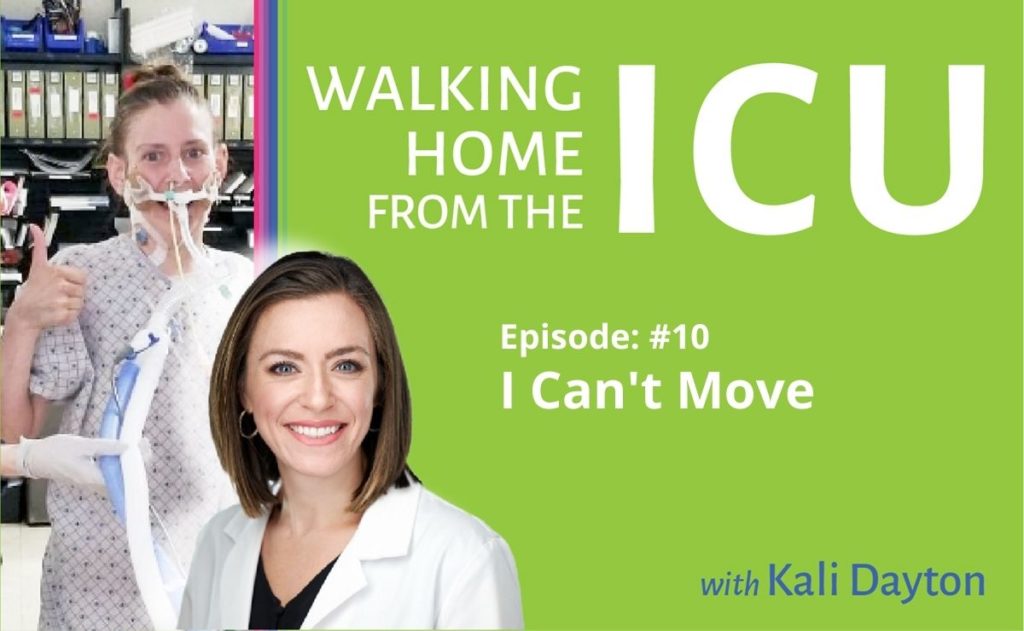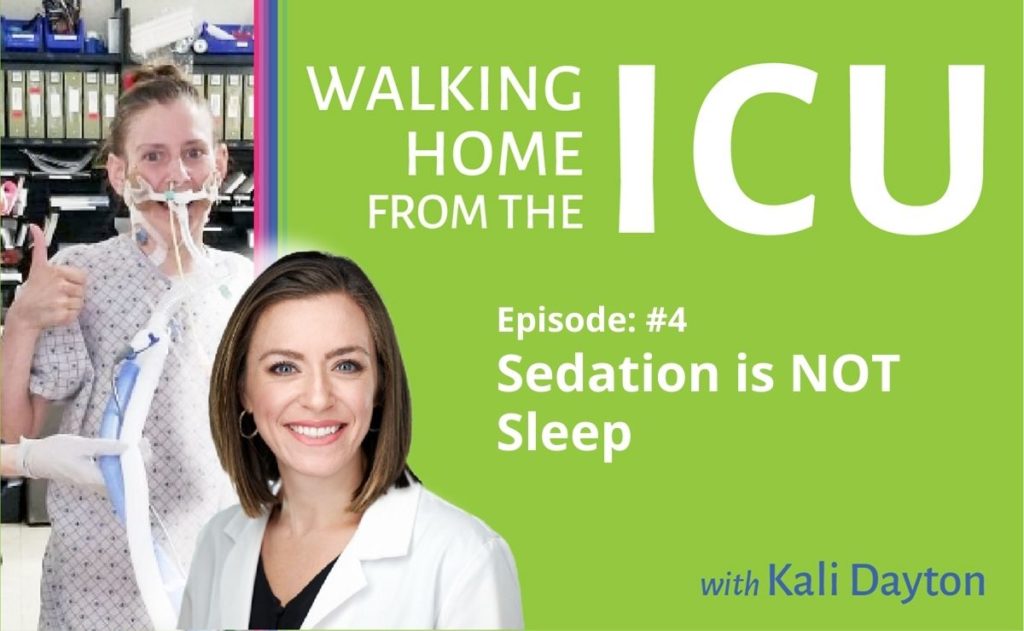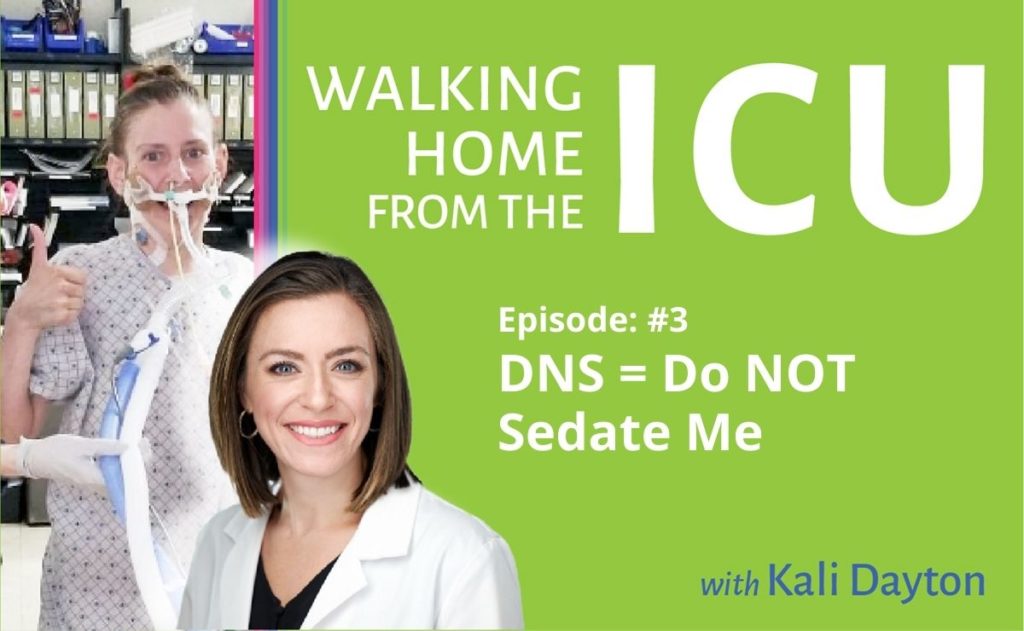
Walking Home from The ICU Episode 12: Loved Ones Are Survivors Too Part I
Caregivers also leave ICU with high rates of PTSD and long-term life impacts. Mike Maranhas shares his side of his wife’s ICU stay and recovery. Episode Transcription Kali Dayton Now we’ve had penetrating insight into the sufferings of ICU survivors themselves. Yet, we would be missing a big part of the picture. If we dismissed
Learn More > from Walking Home from The ICU Episode 12: Loved Ones Are Survivors Too Part I





